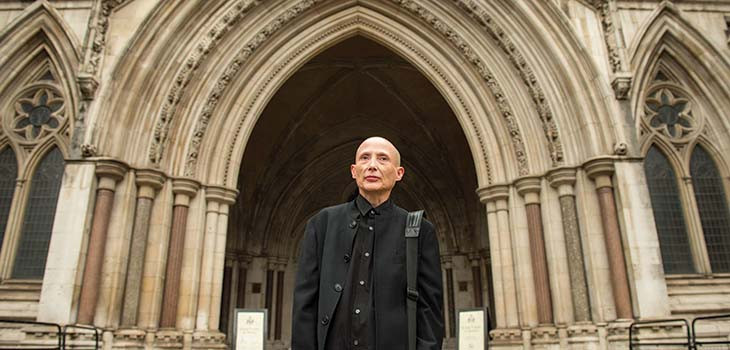
- Elan-Cane is contrary to domestic and international developments, which are moving towards legal recognition of non-binary gender identities.
In R (on the application of Elan-Cane) v Secretary of State for the Home Department [2021] UKSC 56, [2021] All ER (D) 53 (Dec), the Supreme Court found there was no positive obligation on the state to provide the option of an ‘X’ gender category on passports.
The claimant, Christie Elan-Cane, is non-gendered; ‘non-gendered’ being one of the gender identities that are neither male nor female. Although common ground that this gender identity engaged Art 8 of the European Convention on Human Rights, the amount of ‘respect’ due to that aspect of private life did not outweigh other factors, in particular the interest in a coherent state-wide administrative approach. However, the court’s reasoning differentiates between, on the one hand, binary male- and female-gendered people (whether









